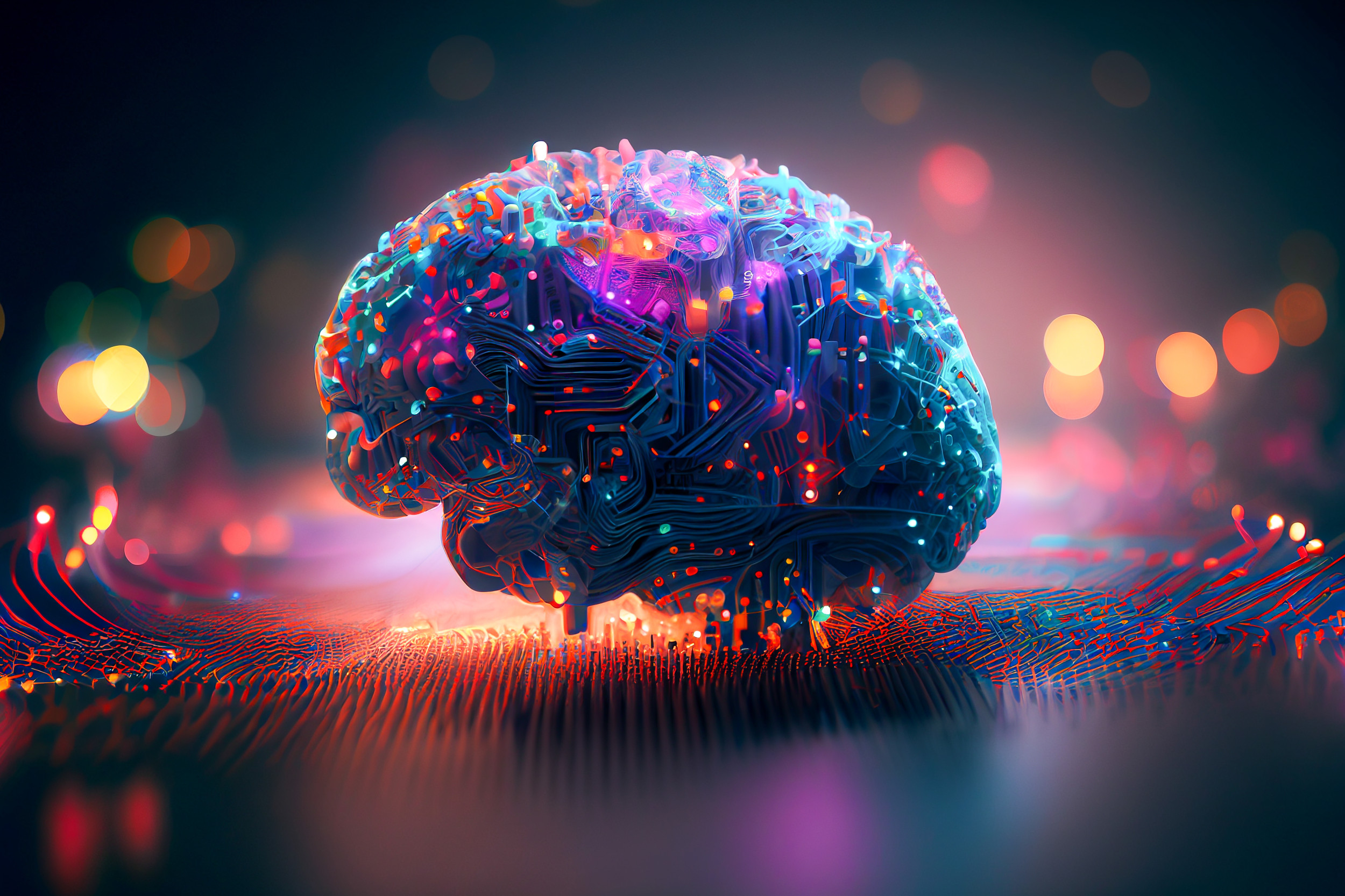
In today's rapidly evolving business landscape, companies are increasingly harnessing the power of GPT (Generative Pre-trained Transformer) and AI (Artificial Intelligence) technologies to revolutionize their operations and drive transformation. GPT, exemplified by models like GPT-3, is a cutting-edge language model that has taken the field of natural language processing to new heights. It can understand context, generate human-like text responses, and perform language-related tasks with astounding accuracy. AI encompasses a broader set of technologies and techniques that enable machines to simulate human intelligence, learn from data, and make intelligent decisions. Together, GPT and AI offer unprecedented opportunities for businesses to unlock new horizons and reimagine their approaches across various domains.
This article will explore the specific applications of GPT and AI in customer service, data analysis and insights, personalization and recommendation systems, and automation and process optimization. It will also delve into each area's benefits, challenges, and future prospects, shedding light on how GPT and AI are transforming the future of business across industries.
Understanding GPT and AI
GPT and AI are different but closely related technologies transforming the business's future. GPT is a machine learning model pre-trained on vast amounts of data. It can understand the context and generate natural-sounding language, making it an ideal tool for tasks such as chatbots, virtual assistants, and content generation. The model is trained on massive amounts of data, allowing it to understand the nuances of human language and produce contextually appropriate responses. Additionally, GPT models can be fine-tuned on specific datasets, allowing customization and adaptation to different domains.
On the other hand, AI involves broader technologies, including machine learning, deep learning, and neural networks. AI systems can be trained on vast amounts of data to learn patterns and make predictions, enabling businesses to automate repetitive tasks and gain insights into customer behavior. AI-powered chatbots and virtual assistants can handle customer inquiries and provide personalized recommendations, freeing human resources for more complex tasks.
Applications of GPT and AI in Business
The integration of GPT and AI technologies has ushered in a new era of business possibilities. From enhancing customer service to revolutionizing data analysis, enabling personalized experiences, and streamlining business processes, GPT and AI are reshaping the future of business operations.
Below are some of the applications in detail:
• Customer Service and UX
GPT and AI technologies have revolutionized customer service, enabling businesses to provide efficient and personalized customer support. Chatbots, virtual assistants, and automated response systems provide personalized and interactive experiences with 24/7 support as well as provide effective customized marketing campaigns driven by AI algorithms. This allows for more cross-selling and upselling by analyzing behaviors, preferences, and demographic information.
• Data Analysis and Insights
GPT and AI technologies are revolutionizing data analysis and insights, empowering businesses to extract valuable information from vast data. AI algorithms, trained on extensive datasets, excel in data processing, pattern recognition, and predictive analytics. This gives businesses using this technology a competitive edge. Data-driven insights and predictive analytics help in decision-making and strategic planning. It allows companies to better exploit competitors' weaknesses in marketing and stay on top of trends.
• Automation and Process Optimization
Efficiently managing business processes is essential for productivity and cost-effectiveness. GPT and AI technologies can streamline operations and improve efficiency through automation and intelligent decision-making. Automated workflows powered by GPT and AI can eliminate manual interventions and automate repetitive tasks, potentially reducing errors and improving accuracy. The result is enhanced productivity and cost savings.
Intelligent decision-making systems can optimize resource allocation, leading to more effective use of budgets and minimizing unnecessary expenses. Businesses can allocate their financial resources strategically and achieve better cost management.
The Future of GPT and AI in Business
The long-term future of this technology and how it will affect business is hard to imagine because of its infinite possibilities, both good and bad. What we should expect over the next few years is for GPT to unleash a new wave of creativity both in innovation and in marketing that innovation. It will likely create a competition divide between businesses that use it and those that don't. It could also create higher expectations for consumers as they begin to get improved customer experiences. That would force many who are reluctant to use this technology to jump on board to stay in the game.
As AI becomes more humanized, it will likely move into more personalized services such as the legal and medical fields. These are fields that are somewhat skeptical of AI because of the personal responsibility involved in dealing with clients this way, but some are testing it now. AI could feasibly speed up some legal cases, create new winnable courtroom arguments, and make the legal field much more competitive while eliminating some positions such as paralegals or administrative assistants. That could, in theory, cut some costs for clients and make legal advice more accessible to the public.
The medical field is more intriguing because it could do online consultations and evaluations that typically are required before you see a doctor. These are currently things that a registered nurse would handle. As it advances, in theory, an AI or GPT program could do an entire physical remotely. That would change home health care and rural medicine dramatically.
Uncommon Knowledge
Newsweek is committed to challenging conventional wisdom and finding connections in the search for common ground.
Newsweek is committed to challenging conventional wisdom and finding connections in the search for common ground.
About the writer
To read how Newsweek uses AI as a newsroom tool, Click here.






